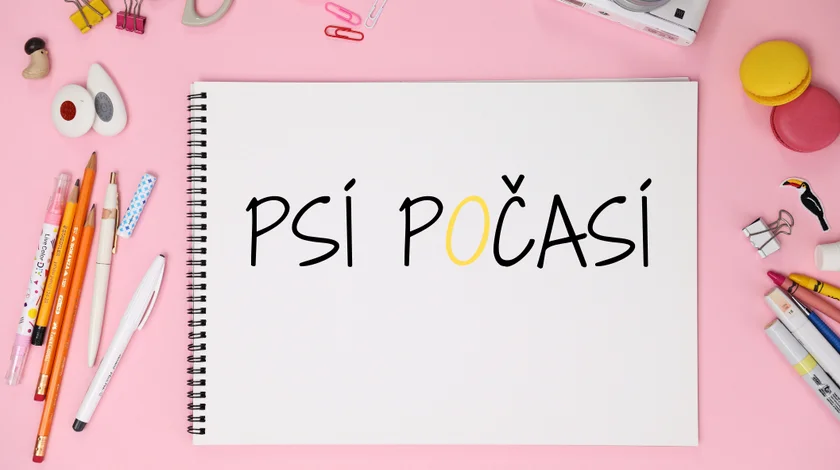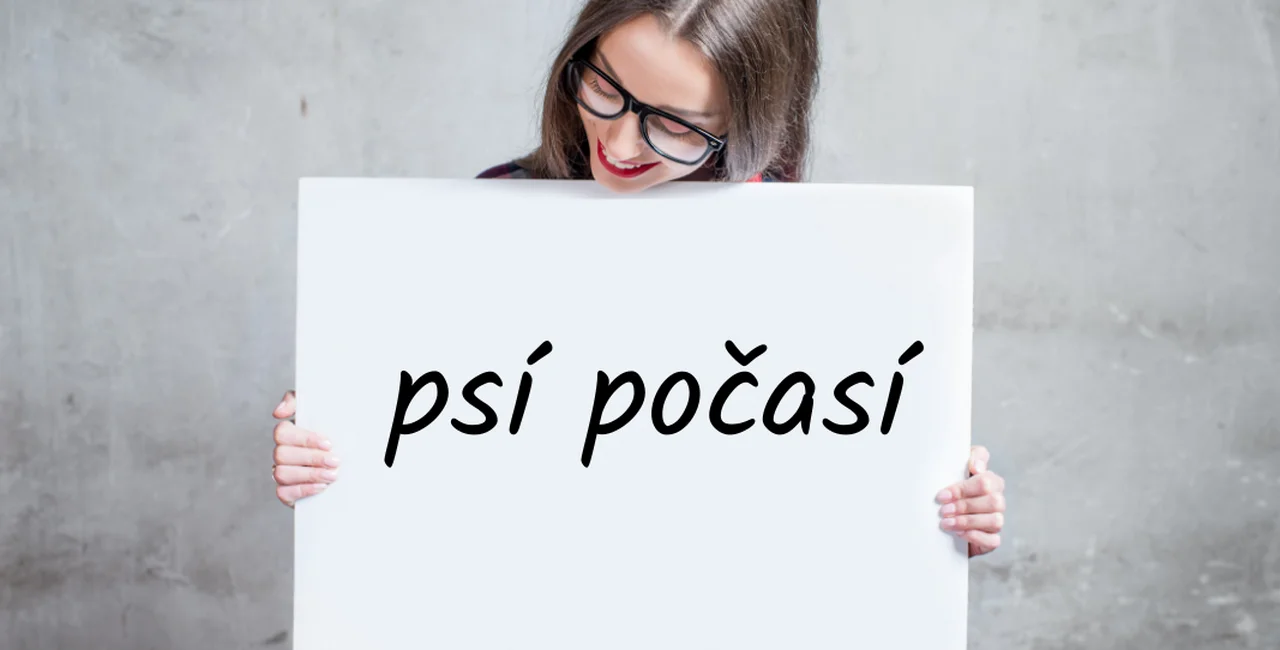Psí počasí (literally means ‘dogs’ weather) is a common term used to describe bad weather in the Czech Republic, the kind that is typical for the late autumn and early winter, those grey and overcast days that can give you a dreary mood to match.
The phrase can also be used in other variations. ‘To je počasí pod psa’, and ‘To je počasí, že by ani psa nevyhnal’.
Both express the fact that the weather is so cold, dull, and unpleasant that you have no desire to go out and wouldn’t even send out your dog outside.
The term is frequently used among Czechs in October and November to describe the rainy, cold, and grey period when the trees lose their leaves but it's still too early for snow and Christmas lights.
Why dogs’ weather and isn't the term just plain unfavorable to dogs?
Just like in English the adjective ‘dogs’ expresses bad or miserable (e.g. 'Gone to the dogs' or 'Dog days of summer'). Similarly it can also be used in other Czech phrases like ‘psí život’ (dogs’ life) or ‘psí dílo’ (dogs’ job).
These are some example of its usage:

- ‘To je dnes psí počasí, raději zůstaneme doma!’ (It's dogs' weather today, we would rather stay at home).
- ‘To je zase počasí, že by ani psa ven nevyhnal!’ (It's weather again that you wouldn't even send the dog out into).
- ‘Včera bylo počasí pod psa.’ (Yesterday's weather was under the dog).
Given the current PES system that is constantly being written about in the media and endlessly debated by the government, perhaps the meaning of this particular phrase is more appropriate this year than ever.












 Reading time: 1 minute
Reading time: 1 minute 

























